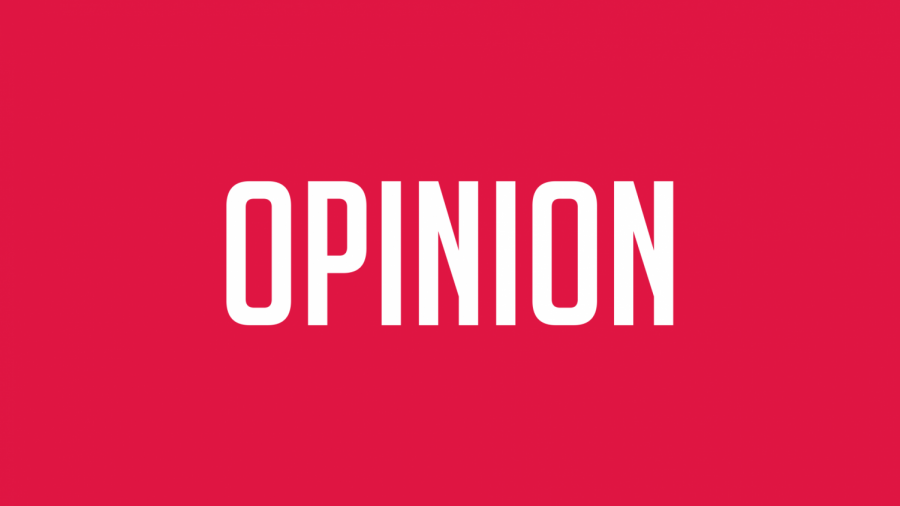OPINION: The dual responsibility of media and its consumers
September 25, 2017
The interconnectedness that we’ve been able to achieve through our advancements in media is worth noting. As consumers of media interact more and more with these outlets, they are in turn influenced by them.
In her blog titled “Role of media in our society” Jayasree Roy states, “Media of today is playing an outstanding role in [the] creating and shaping of public opinion and strengthening of society. Media is the sword arm of democracy. Media acts as watchdog to protect public interest against malpractice and creates public awareness.”
We often look to the media to see what is going on around us. Outlets, in this sense, hold influence over consumers in regard to the issues they cover, the groups they decide to back and the stances that they take on these matters. Any position that entails influence or power comes with a responsibility to the people to report honestly on issues that are deemed newsworthy.
There is definitely a shared feeling in our society that the media is not following through with their obligations to their consumers. I’ve had numerous discussions, both with people who share my political beliefs and those who do not, and many of them have voiced concern over this issue.
However, the media is not all to blame and it should be noted that we as consumers have responsibilities on our end as well. As we interact with media we must hold sources accountable for what is presented to us. The relationship between creators and consumers within media is one we are still trying to learn how to utilize.
Today it’s not uncommon to hear the terms “fake news” and “confirmation bubble” thrown around. These terms are a result of media outlets not being held to a common standard in terms of the issues they cover and the way they present them.
“The Free Telegraph,” launched by the Republican Governors Association, is one such outlet. In an article from the Associated Press, reporter Bill Barrow notes that “The Free Telegraph” launched in the summer without any mention that the publication was created by an official party committee whose sole motivation was to get more Republicans elected. Their intent and purpose is biased and their reason for bringing information to us does not come out of wanting to inform or present all sides of an issue.
Those who agree with the creation of this publication argue that it’s representative of traditional political communication. There is already a place where backing Republican representatives and virtues is justified and a fair and balanced media outlet is not one of them. I stand with those who feel the creation of “The Free Telegraph” is breaching the limits of honest campaign tactics.
This publication’s negligence in making its partisan stance known underestimates our society’s intelligence and is rather insulting. Only after the Associated Press looked into the site was a disclosure added that told of the publication’s partisan source. Many agree that, even if the publication reported accurate information, there would still be an element of propaganda. Knowing the power that media has over us as consumers is one of the most important responsibilities we have as viewers.












